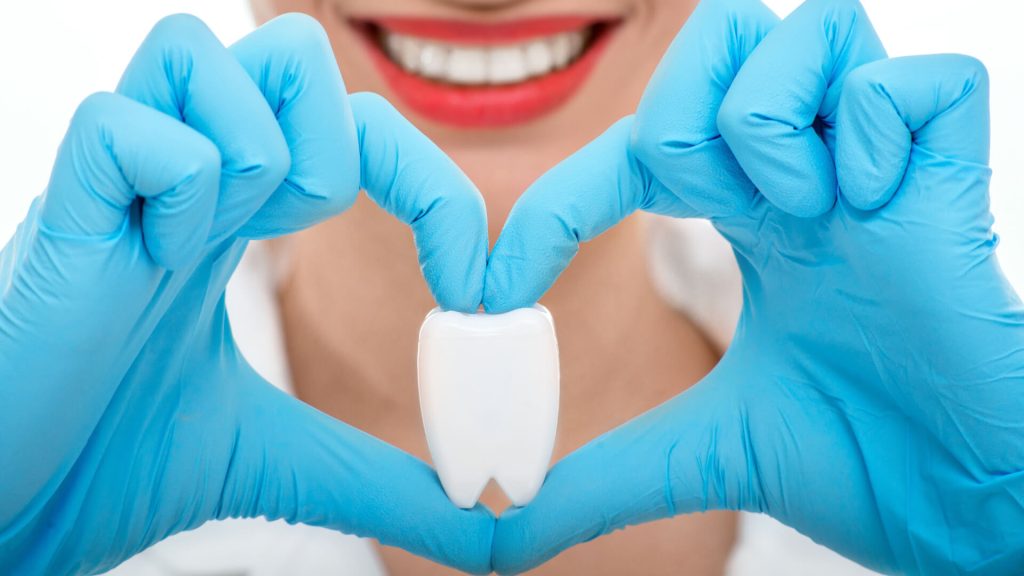Impacted Wisdom Teeth on Recognizing Seeking Treatment
Wisdom teeth, also known as third molars, are the last set of molars that typically emerge between the ages of 17 and 25. In some cases, these teeth may not have enough space to grow properly, leading to impaction. Impacted wisdom teeth can cause various dental issues and discomfort, making it essential to recognize the symptoms and seek appropriate treatment promptly.
Symptoms of Impacted Wisdom Teeth:
Pain and Discomfort: One of the most common signs of impacted wisdom teeth is pain and discomfort in the back of the mouth and read more here https://chicagoloopdentistry.com/your-wisdom-teeth/. This pain may vary from a dull ache to intense throbbing, depending on the degree of impaction and the presence of infection.
Swollen or Tender Gums: If the wisdom teeth are partially erupted, the gums around them may become swollen, red, and tender. This condition, known as pericoronitis, occurs when bacteria accumulate in the gum tissue, causing an infection.
Jaw Stiffness: Impacted wisdom teeth can put pressure on the surrounding tissues and jawbone, leading to stiffness and difficulty in opening the mouth fully.
Bad Breath and Unpleasant Taste: Bacteria and food particles can get trapped around the impacted tooth, leading to bad breath and an unpleasant taste in the mouth.
Headaches and Earaches: The pain from impacted wisdom teeth can radiate to the head and ears, causing frequent headaches and earaches.
Swelling of the Face and Jaw: In severe cases, impacted wisdom teeth may cause swelling of the face and jaw due to the development of a cyst around the impacted tooth.

Seeking Treatment:
If you experience any of the symptoms mentioned above, it is crucial to visit a dentist for a thorough evaluation. The dentist will examine your mouth, take X-rays, and determine the position of the wisdom teeth to assess if they are impacted and to what extent.
Treatment options for impacted wisdom teeth may include:
Pain Management: Over-the-counter pain relievers can help manage mild to moderate discomfort. However, they do not address the underlying issue and are not a substitute for professional treatment.
Antibiotics: If there is an infection present, the dentist may prescribe antibiotics to control and eliminate the infection.
Surgical Extraction: In cases where the impacted wisdom teeth are causing significant pain, infection, or dental problems, surgical extraction is often recommended. The dentist or oral surgeon will perform the procedure under local or general anesthesia, ensuring minimal discomfort during the process.
Monitoring: In some cases, the dentist may recommend regular monitoring of the impacted wisdom teeth if they are not currently causing problems but have the potential to do so in the future.
In conclusion, impacted wisdom teeth can cause various symptoms, including pain, swelling, and infections. Recognizing these signs early on and seeking prompt treatment from a dentist is crucial to prevent further complications and maintain oral health. Regular dental check-ups can also help identify potential issues with wisdom teeth before they become problematic, allowing for timely intervention and better overall dental care.